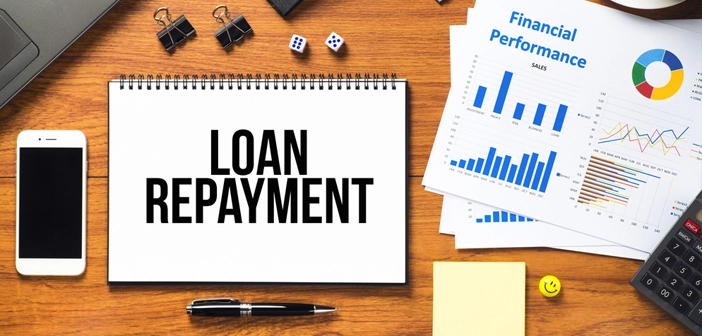
Published on: May 10, 2025 Author: This is name, Lawyer
Repaying a loan is a significant financial milestone. However, the journey doesn’t end with the final payment. Ensuring you collect all pertinent documents post-repayment is crucial to safeguard your financial interests and legal rights. This guide outlines the essential documents you should collect after loan repayment, incorporating the Reserve Bank of India’s (RBI) guidelines and relevant legal considerations.
The NOC is a formal declaration from the lender stating that you’ve repaid the loan in full and that there are no outstanding dues. This document is vital as it serves as proof of loan closure and is often required for future financial transactions or legal purposes.
If you’ve taken a secured loan, such as a home loan, the bank would have retained original property documents as collateral. Post-repayment, it’s imperative to retrieve:
• Title deeds
• Sale agreements
• Property tax receipts
• Encumbrance certificates
These documents are essential for establishing ownership and for any future property transactions.
A lien is a legal claim or right against a property. Upon loan repayment, the bank should provide a lien release letter, confirming that the lien on your property has been removed. This is crucial for updating property records and ensuring clear ownership.
Request a comprehensive loan account statement detailing all transactions, including:
• EMI payments
• Interest charges
• Penalties (if any)
• Final settlement details
This statement serves as a financial record and can be useful for tax purposes or future financial planning.
If you’ve provided PDCs or set up Electronic Clearing Service (ECS) mandates for EMI payments, ensure:
• Retrieval of any unused PDCs
• Deactivation of ECS mandates
This prevents any unintended debits from your account post-loan closure.
For vehicle loans, the bank registers a hypothecation on your vehicle’s Registration Certificate (RC). Post-repayment, collect Form 35 and the NOC from the bank to remove the hypothecation from the RC at the Regional Transport Office (RTO).
After loan closure, obtain your credit report from credit bureaus like CIBIL, Experian, or Equifax to ensure:
• The loan is marked as ‘Closed’
• There are no outstanding dues
A clean credit report is essential for maintaining a good credit score and for future loan approvals.
The RBI has mandated that banks and Non-Banking Financial Companies (NBFCs) must return all original movable or immovable property documents within 30 days of full loan repayment.
Key Points:
• Timeline: 30 days from the date of loan closure.
• Penalty for Delay: Banks are liable to pay ₹5,000 per day for delays beyond the stipulated period.
• Loss or Damage: In case of loss or damage to original documents, banks must assist borrowers in obtaining certified duplicates within 30 days.
It’s essential to be aware of your legal rights concerning loan closure:
• Equity of Redemption: As established in the case of Vernon v Bethell, borrowers have the right to reclaim their property upon full repayment of the loan.
• Right to Information: Under the Right to Information Act, borrowers can request information regarding their loan accounts and related documents.
Collecting all relevant documents after loan repayment is not just a procedural formality but a crucial step in ensuring your financial and legal security. Adhering to RBI guidelines and understanding your rights can help you navigate this process smoothly.
Always maintain both physical and digital copies of these documents for future reference.
For more insights on financial management and legal rights, stay tuned to our blog.
